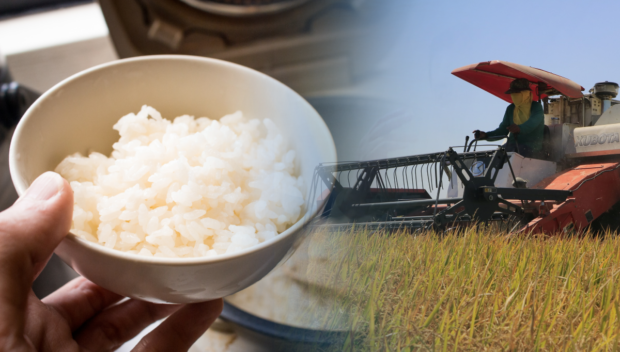
“The bill on serving half-cup rice in restaurants nationwide shall be revived and passed in Congress to minimize food waste, promote balanced and sustainable eating habits, and [ensure] healthier meal portions,” Garin, a former health secretary, said.
“Restaurant owners should also opt for sweet potato fries over regular potato fries not only to add a flavorful twist to meals but also to enhance nutritional value,” she added.
The Department of Agriculture’s Philippine Rice Research Institute (DA-PhilRice) said that a bill filed by President Ferdinand Marcos Jr. when he was still a senator in the 16th Congress may be revived.
PhilRice was referring to penalties that can be imposed on restaurants for refusing to serve half-cup rice, which is aimed at ensuring that rice is not wasted.
Under the proposal, restaurants, hotels, and similar establishments will be fined P20,000 for the first offense, P50,000 for the second offense, and P100,000 for the third and succeeding offenses.
The bill was seen as a necessity because only 46 local government units currently have ordinances regarding the sale of half-cup rice.
Sweet potatoes
Garin added that besides avoiding food wastage, health and wellness are also considerations in providing options for the country’s staple food.
Switching to sweet potatoes would also boost the earnings of local farmers, Garin claimed.
“Sweet potatoes are rich in Vitamin A and fiber, promoting eye health and overall well-being. Making this simple switch aligns with the growing emphasis on healthier food choices in the dining industry,” she explained.
“This increased reliance on sweet potatoes will likely bolster local farmers’ livelihoods and contribute to the growth of sustainable agriculture within the community. Walang kamote ang dapat mabulok (No sweet potato should be left to rot). It is high time to have it implemented in our country,” she added.
Last September 6, the Department of Health urged Filipinos to consider alternative sources of carbohydrates after the government prepared for a possible rice shortage.